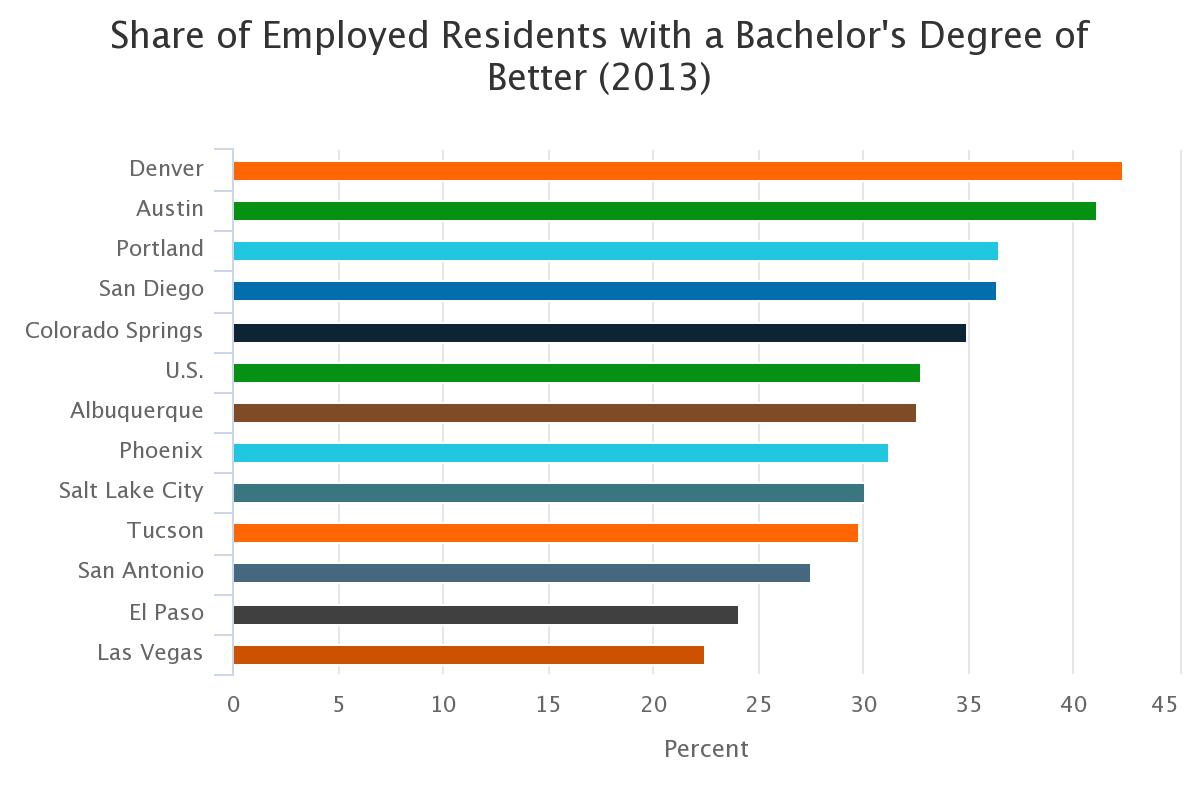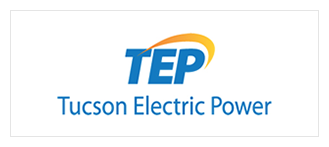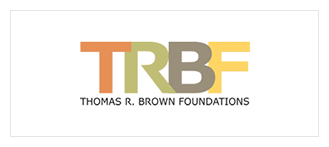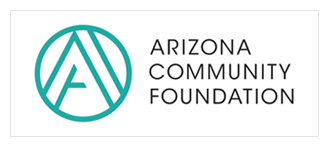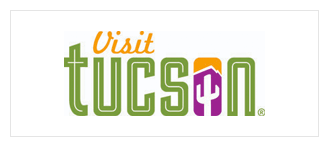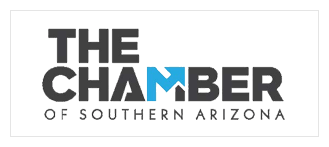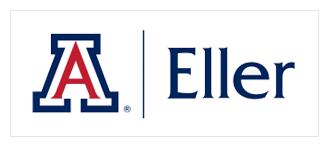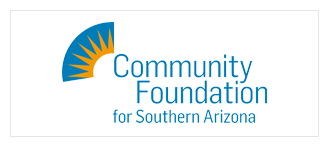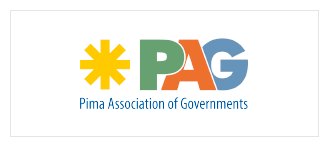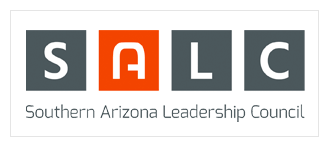Everyone knows that getting more education tends to raise an individual’s wages. Less well known is the fact that cities with more highly educated workers tend to generate higher wages for workers of all education levels. This means that a city with a high concentration of highly educated workers posts higher wages for less educated workers as well. That’s a really striking fact!
Why might that happen? It’s driven in part by the sharing of knowledge and skills, both formally and informally, across workers in a city. Thus, an individual with less education may pick up ideas and skills from more highly educated residents, just because he/she lives in the same city. Ideas really do rub off on others within the same city.
It’s also driven by the fact that cities with more highly educated workers tend to be more productive, innovative, and competitive.
How big is the effect? One estimate suggests that a one percentage point increase in the share of workers with a college degree raises wages for high school drop-outs by 1.9%, high school graduates by 1.6%, and college graduates by 0.4%, other things the same.* Note that the workers with lower levels of education actually benefit more from the higher concentration of college graduates than do college graduates! Keep in mind also, that these impacts are in addition to the increase in wages experienced by the college graduates themselves.
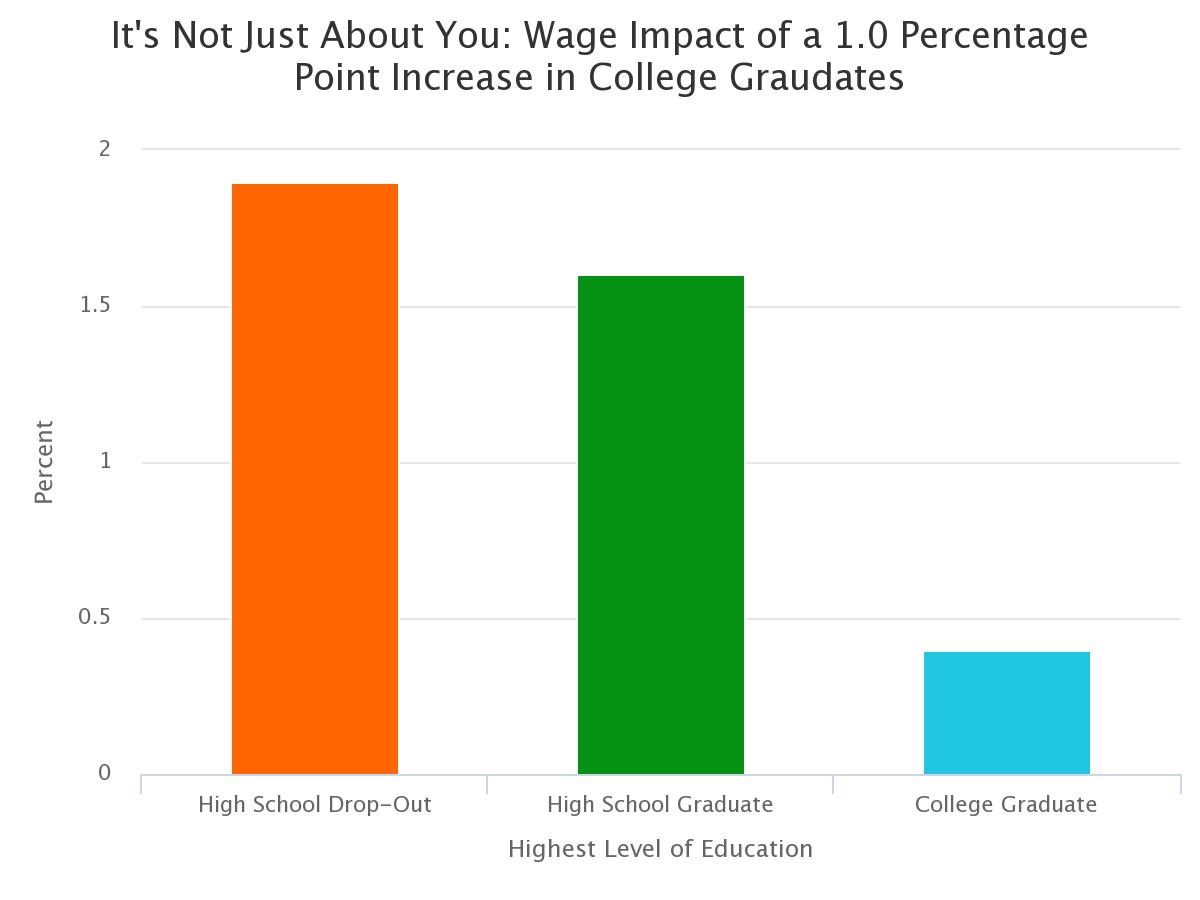
*Moretti, Enrico, 2004a. Estimating the external return to higher education: evidence from cross- sectional and longitudinal data. Journal of Econometrics 120 (July–August), 175–212.
The four-year college attainment rate for employed residents in Tucson was 29.8% in 2013. That ranked the metropolitan area ninth out of 12 comparison metropolitan areas in the West. It was also below the national average of 32.7%. Denver posted the highest rate in 2012, at 42.3%, while Las Vegas registered the lowest rate, at 22.5%.
Recent data suggest that there is plenty of room for improvement in Tucson’s college attainment rate and research shows that there would be significant rewards to doing so.
